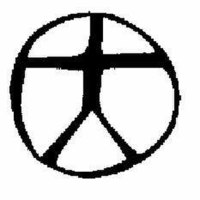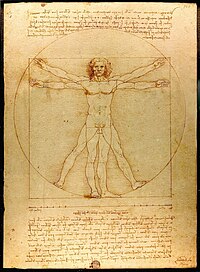| Ethical movement | |
|---|---|
 The logotype of the Ethical Humanist movement | |
| Scripture | None |
| Headquarters | New York City |
| Founder | Felix Adler |
| Origin | 1877 |
| Congregations | about 30 |
| Number of followers | Fewer than 10,000 (2014)[1] |
| Official website | www.aeu.org |
| Part of a series on |
| Humanism |
|---|
 |
| Philosophy portal |
The Ethical movement (also the Ethical Culture movement, Ethical Humanism, and Ethical Culture) is an ethical, educational, and religious movement established in 1877 by the academic Felix Adler (1851–1933).[2] The premise of Ethical Culture is that honoring and living in accordance with a code of ethics is required to live a meaningful life and for making the world a better place for all people.[3][4]
The movement originated from an effort among ethical non-religious people to develop and promote humanist codes of behavior, drawing on the developed moral traditions and moral philosophy of 19th century secular societies in Europe and the United States. In practice, the Ethical movement organized themselves as two types of organization: the secular humanist movement, which is avowedly non-religious, and a predominantly moral movement that saw itself as religious but not theistic.
In the United States, Ethical movements became organizations for the advancement of education (e.g., the American Humanist Association and the American Ethical Union). However, in the UK, the Ethical organisations become secular humanist charities; the South Place Ethical Society and the British Ethical Union deliberately abandoned the congregational model of organization, becoming the Conway Hall Ethical Society, the Humanists UK respectively.
Internationally, Ethical Culture and secular humanist organizations have always organized jointly; the American Ethical Union and the British Ethical Union were co-founders of Humanists International, whose original name, the "International Humanist and Ethical Union", reflected the philosophical unity of the Ethical Culture movement.
- ^ "The original 'atheist church': Why don't more atheists know about Ethical Culture?". October 2014. Retrieved 25 June 2018.
- ^ From Reform Judaism to Ethical Culture: The Religious Evolution of Felix Adler Benny Kraut, Hebrew Union College Press, 1979
- ^ Cite error: The named reference
BDwas invoked but never defined (see the help page). - ^ Cite error: The named reference
Deedwas invoked but never defined (see the help page).